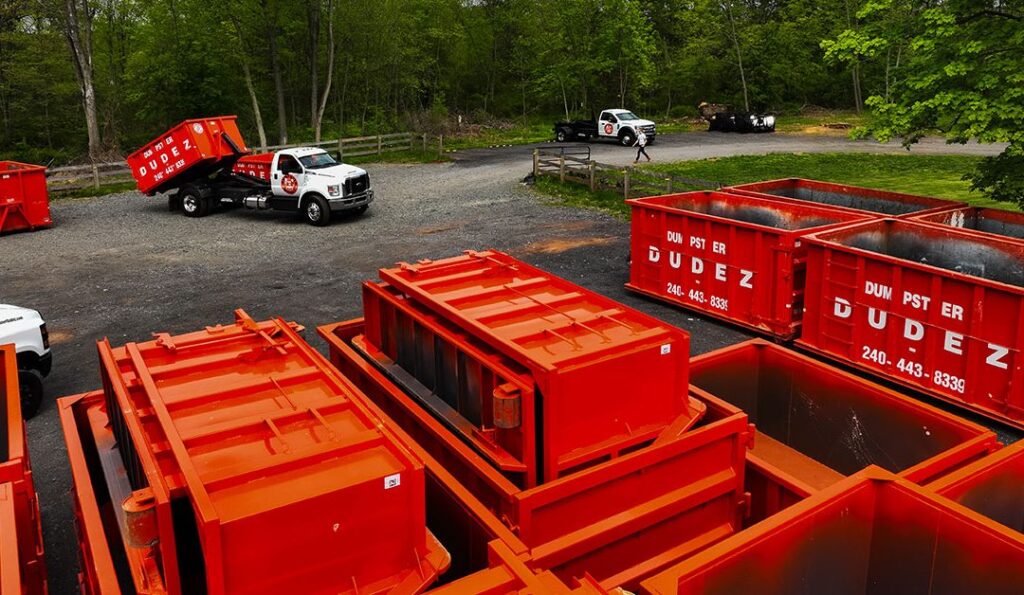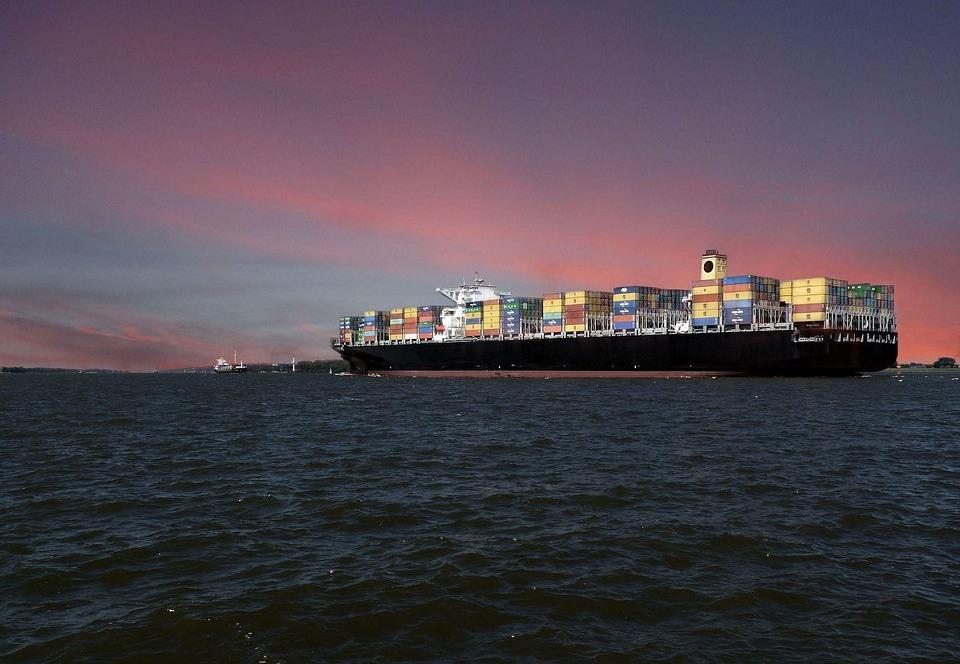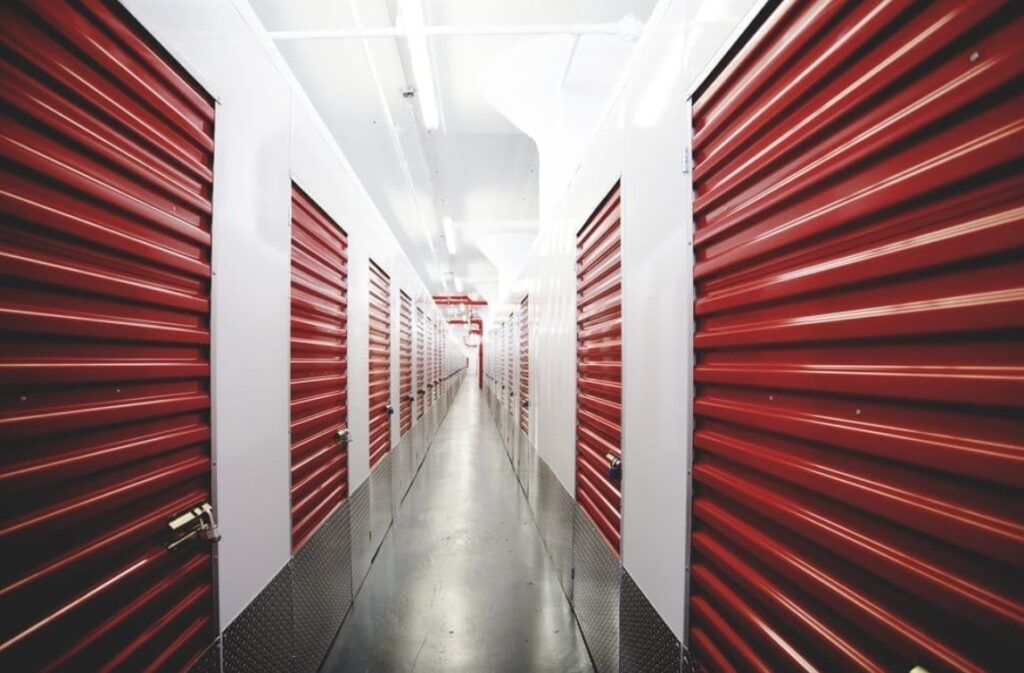When it comes to handling waste from large projects, renting a dumpster is one of the most efficient and convenient options available. Whether you’re tackling a home renovation, clearing out years of clutter, or working on a construction site, a dumpster rental provides a central, easy way to manage and dispose of waste responsibly. But like any service, there are right and wrong ways to approach it. This guide will walk you through essential do’s and don’ts of dumpster rental to help you make the most of your experience and ensure a smooth, environmentally responsible process.
The Do’s of Dumpster Rental
Following these “do’s” will help you get the best out of your dumpster rental while keeping your project on track and in compliance with local regulations.
1. Do Choose the Right Size for Your Project
Selecting the correct dumpster size is crucial to an efficient disposal process. Renting a dumpster that’s too small may lead to overflow, while an overly large dumpster could result in wasted space and higher rental costs.
- 10-Yard Dumpster: Ideal for small cleanouts or yard projects.
- 20-Yard Dumpster: Great for medium-sized renovations, such as a kitchen remodel.
- 30-Yard Dumpster: Suitable for larger home renovations or light construction jobs.
- 40-Yard Dumpster: Perfect for major construction sites and demolition projects.
Discuss your project needs with a professional team like Delta Waste Solutions, who can guide you on the right size to ensure you only pay for the space you actually need.
2. Do Know What Materials Are Allowed
Most dumpster rental services provide guidelines on what types of waste can be disposed of in the roll off dumpster. Typical acceptable materials include:
- Construction debris (e.g., wood, drywall, metal)
- Yard waste (e.g., branches, soil)
- Household junk (e.g., furniture, toys)
- Roofing materials (e.g., shingles)
Some materials, however, are prohibited and may require specialized disposal methods. These commonly include:
- Hazardous chemicals
- Electronics (e.g., computers, TVs)
- Tires and batteries
- Paints and solvents
Being aware of what’s permitted can save you from potential fines and ensure safe disposal.
3. Do Load the Dumpster Efficiently
To maximize space, it’s essential to load the dumpster correctly. Place heavy or bulky items at the bottom and stack lighter, smaller materials on top. Breaking down large items like furniture or cabinetry can also help you fit more into the dumpster, making the most of the space available.
4. Do Plan for Dumpster Placement
The placement of your roll off dumpster is a key aspect to consider. Ideally, it should be positioned in a location that’s easily accessible for both disposal and pickup. Popular choices include driveways, yards, or areas adjacent to the work site. Make sure there’s enough space for the dumpster delivery truck to safely drop off and retrieve the container.
If you’re placing the dumpster on the street, check with your local authorities to see if a permit is required. This extra step can save you from fines or other complications down the line.
5. Do Consider Environmental Impact
A responsible dumpster rental can make a positive environmental impact by reducing waste that ends up in landfills. Many dumpster providers, including Delta Waste Solutions, work with local recycling facilities to sort and recycle materials like metal, wood, and cardboard. By using a provider that supports sustainable waste management practices, you’re not only cleaning up your space but also contributing to a healthier planet.
The Don’ts of Dumpster Rental
Avoid these common pitfalls to ensure a smooth, hassle-free rental experience.
1. Don’t Overfill the Dumpster
Dumpsters come with a designated fill line to indicate maximum capacity. Overfilling the dumpster can lead to additional fees and safety issues during transport. A dumpster that’s too full can spill debris onto the road, posing a risk to others. To avoid this, make sure to stay below the fill line, or rent a larger size if you anticipate needing more space.
2. Don’t Dispose of Hazardous Materials
It’s essential to avoid placing hazardous materials in a roll off dumpster. Items such as chemicals, batteries, and electronics require special disposal due to their potential environmental impact and safety risks. Always check with your provider if you’re uncertain about a particular item, as improper disposal can lead to fines and contamination.
Instead, look for local facilities that accept hazardous materials or recycling centers equipped to handle electronics and chemicals safely.
3. Don’t Wait Until the Last Minute to Book
Dumpster availability can vary based on demand, season, and your location. To avoid delays, plan ahead and schedule your dumpster rental in advance. This is especially important during busy seasons, such as spring and summer, when many people undertake home improvement projects.
Delta Waste Solutions, for instance, recommends booking your rental at least a week before your project’s start date. This helps ensure the right dumpster size is available and that delivery aligns with your schedule.
4. Don’t Ignore Weight Limits
Dumpsters have specific weight limits based on size and material type. Exceeding these limits can result in additional fees, as overloading can compromise the safe transport of the dumpster. Materials like concrete, bricks, and soil are particularly heavy and can quickly push a dumpster past its weight capacity.
If your project involves dense materials, consider renting a dumpster specifically designed to handle heavy loads or speak with your provider to confirm weight guidelines.
5. Don’t Use the Dumpster for Unapproved Items
Aside from hazardous materials, certain items are commonly prohibited in roll off dumpsters, including:
- Mattresses (due to disposal restrictions in some areas)
- Appliances with refrigerants (like fridges and air conditioners)
- Tires (which often require specialized recycling)
To avoid fines and ensure compliance, review your provider’s list of restricted items and avoid disposing of anything that may cause complications.
Maximizing Your Dumpster Rental Experience
With a clear understanding of the do’s and don’ts of dumpster rentals, you’re well on your way to a smooth, efficient waste disposal process. Here are a few additional tips to help you get the most out of your rental:
- Organize Your Waste: Grouping similar items together (e.g., wood, metal, and plastic) makes it easier to load efficiently and recycle where possible.
- Use Plywood Under the Dumpster: To protect your driveway or yard, place plywood sheets under the dumpster. This helps prevent potential damage, especially for heavier loads.
- Avoid Last-Minute Changes: If you anticipate needing the dumpster for an extended period, let your provider know in advance. Last-minute changes can sometimes result in additional fees or availability issues.
Benefits of Working with a Reputable Provider
Selecting a trustworthy dumpster rental provider, like Delta Waste Solutions, can make all the difference in your waste disposal experience. Working with a company that’s committed to transparency, sustainability, and customer support ensures that you’re fully informed and prepared throughout your rental. A reliable provider will answer questions about what can and can’t be placed in the dumpster, help you select the right size, and offer flexible rental terms to suit your project timeline.
Conclusion
A dumpster rental is an excellent tool for managing large quantities of waste during home renovations, construction projects, or major cleanouts. By following these do’s and don’ts, you can optimize the efficiency of your rental, keep your worksite organized, and ensure that waste is disposed of responsibly. From choosing the right size to avoiding overloading, a little planning goes a long way in making your dumpster rental experience hassle-free.
With Delta Waste Solutions as your trusted provider, you can rest assured that your dumpster rental needs will be met with professionalism and care. Remember, a well-chosen and responsibly used dumpster rental isn’t just a convenience—it’s an essential part of making any large project manageable and eco-friendly.






